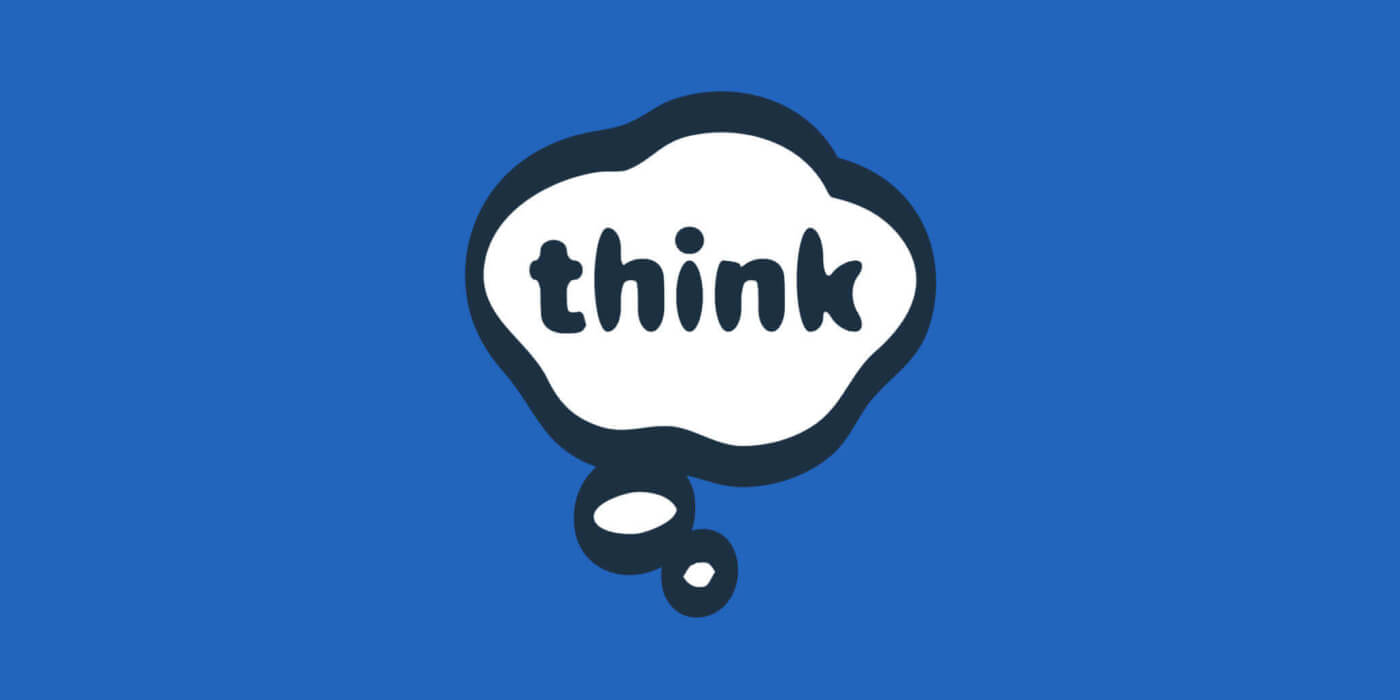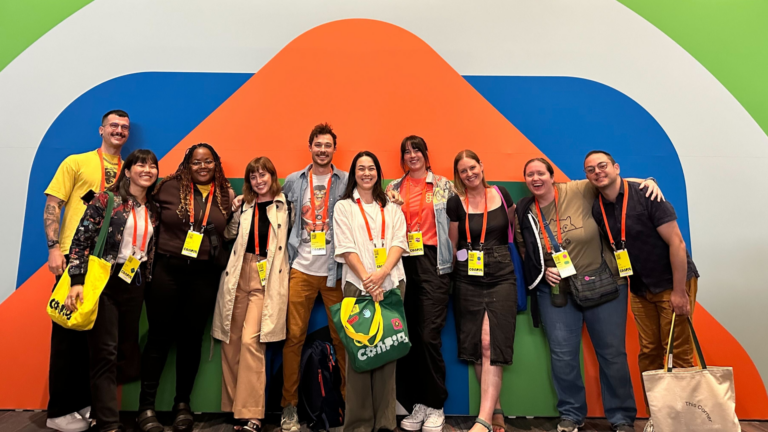Taking Social Media To Task (Part 2)

Don’t call it multi-tasking. Jacks of all trades are masters of none.
At one point during the epatcon it suddenly hit me that 60% or more of the audience had laptops open in front of them (not counting those who were on PDAs and smartphones). Sure, some people use them to take notes or to look up links being mentioned, or tweet key points—the kind of behaviors that were the clear majority at AEA. But not at epatcon. I was baffled by a woman at the table next to me who, for the entire day, worked intently on what was clearly an unrelated work document. I wondered “why would you pay good money to come to a conference like this, and then pay absolutely no attention to anything going on around you? Why not just stay in the office… or if you needed to get away, go to the local coffee shop?”
I’ve heard people defend this behavior before by saying that they are “just multi-tasking”, but if I had asked that woman for her opinion on what had just been said, at any point throughout the day, I’m quite certain it would have been like a teacher calling on a student who had been daydreaming. People are of course free to waste their conference fees if they want to, but not only is it distracting to other attendees, it is incredibly rude to the presenters. As a sometime presenter and adjunct faculty member in the digital design program at Philadelphia University, I felt bad for those up on the stage for having to wonder if the large amount of people staring into their screens were engaged in what they were saying or in something else entirely.
The really amazing thing is that we don’t see this only at large conferences where we can remain mostly anonymous—we even see it in small meetings with co-workers who we know well. What is the cost of this behavior? Even beyond simple manners and say… feelings… what is the monetary cost when I have to repeat everything I just said for the past five minutes because when I ask someone’s input they are jarred and say “what? Oh sorry, can you repeat that?” And how good will their answer be when they weren’t really present during the rich discussion that preceded my question? Multiply that by the hundreds of times per week this happens across your organization…makes you think, no? Loss of time, loss of money, and loss of quality. Quality of interactions, team-building, and decisions/outcomes. Quality of experiences.
So I ask, what is this ubiquitous technology doing to our real-world interactions, communications, and experiences? As in the Twitter example, the etiquette will probably shake itself out in time… but it’s fascinating that somehow over the past ten years or so what would have once been considered complete disrespect and poor interpersonal skill has become modus operandi. In the words of the inimitable Mr. Horse, “No sir, I don’t like it.” It’s not about shunning technology or stunting its integration. It’s about maximizing effectiveness and efficiency, and on the whole, the very real disconnect I felt at epatcon makes me think we ain’t there yet, folks.
PHIL’S RESPONSE:
Hey, check out this link—it offers some additional insight and perspective on this and your last post. Be sure to click through to the links (particularly the Danah Boyd – fascinating).
Additionally, some comments, much my personal opinion. First, there is support for your “multitasking is a myth” argument—some you’ll find in the link above.
I personally don’t think the “people on their laptops during conferences” argument holds water. You’re up on stage, the people who are engaged are the ones you should be talking to, you don’t know who is taking notes and who isn’t paying attention. It’s time to get used to the fact that people have laptops and at large venues, it’s just a part of life. The people in the room who are distracted by others on their computers need to get over it too. To me, if everyone is cruising the internet ignoring the speaker, it means the speaker is not engaging, and that’s a different issue.
In more intimate environments (classrooms, breakout sessions) I get it… it frustrates me too. It has been hard for me to get over my own students typing during class, but now I live with it. If I notice they’re browsing and not note taking, I ask them to stop… but I know this is the way people are.
I’m not trying to detract from your argument about meetings, though. I am guilty of violating that rule too. Your point is very valid and I think you should make it. Tons of time is wasted by people who think they’re “multitasking” when they’re actually ignoring what is going on in the room. To me, it’s the equivalent of talking on the phone while someone is trying to converse with you face to face.
There are times when this kind of behavior is appropriate, but it takes some situational analysis and some agreed-upon rules… for instance, if you walk into a regulatory meeting and are told to have a seat until they’re done with their conversation, you should open your laptop and be productive. They’ll tell you when they’re ready for you. But the rule of the room is known—not everyone is relevant to the conversation, but the people who are should pay attention.
The other day I had a pizza delivered. The guy showed up and was speaking on his phone. I asked, “How much?” and he put up his index finger to say, “Hold on.” I couldn’t believe it, so I said, “No, tell me how much.” He told the person the phone, “Hold on a sec, I have a customer.” The only tip he got was the coinage.
In the end, society will work out some generally accepted etiquette about our ubiquitous technology, but there will always be detractors. It’s like driving, there are things you just don’t do even though there are no rules about it. If someone is daydreaming when there’s a red light, you give them some time before you tap the horn to wake them up. But there are always the jerks who lean on the horn the second the light turns green. They may be racing to the hospital with a severed limb, or they may just be a jackass.



